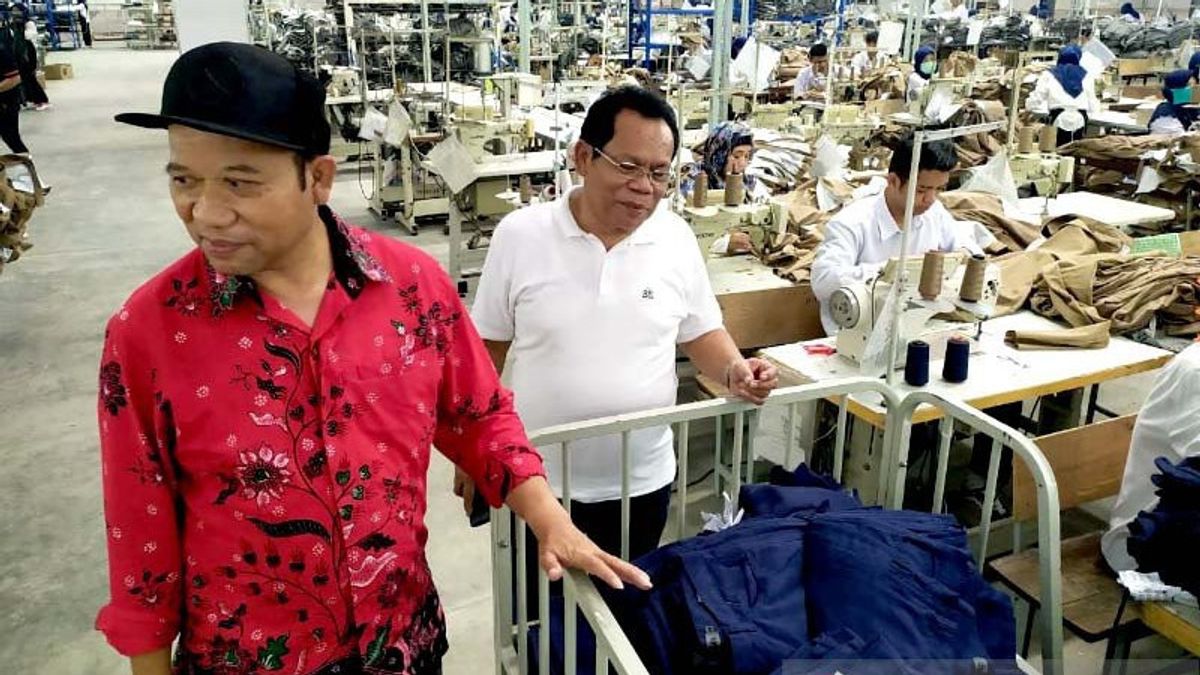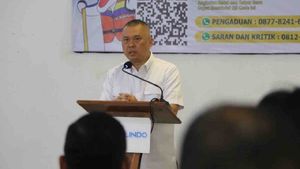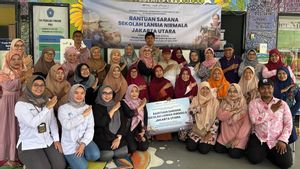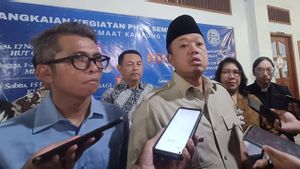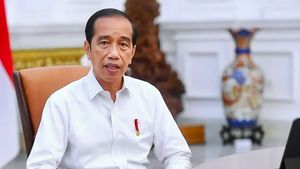JAKARTA - The government through the Ministry of Finance (Kemenkeu) said that Indonesia's economic growth of 5.01 percent (year on year / yoy) is clear evidence of the economic recovery that continues to strengthen amid various threats that occur today.
Head of the Fiscal Policy Agency (BKF) of the Ministry of Finance, Febrio Kacaribu, said that there are two big challenges that determine Indonesia's growth rate, namely the COVID-19 omicron variant and geopolitical turmoil.
According to him, Omicron, which peaked with daily cases reaching 64,000 in February, was feared to be an obstacle to recovery performance. However, he claims that the effectiveness of pandemic control policies, including the success of accelerating vaccination, has played a major role in minimizing this impact.
"On the other hand, the increase in world commodity prices due to the Russia-Ukraine conflict is also still relatively limited to the Indonesian economy. So this quarter's performance is an important provision for us to be stronger in 2022," he said in an official statement on Monday, May 9.
Febrio added that various positive indicators can also be seen from household consumption which was able to grow 4.34 percent yoy. Then, the unemployment rate decreased from 6.26 percent in February 2021 to 5.83 in February 2022 and export growth was 16.22 percent.
"Recovery in domestic consumption and increasing demand for exports have supported the sustainability of the recovery of the two main contributors to the economic sector," he said.
Furthermore, Sri Mulyani's subordinate explained that Indonesia's purchasing manager index (PMI) in April 2022 increased to the level of 51.9 and was correlated with an increase in manufacturing used production capacity reaching 72.45 percent.
"This production capacity figure is the highest during the pandemic or is starting to approach the average production capacity in the pre-pandemic period of around 75.36 percent in 2019," he said.
In terms of inflation, Febrio cannot deny that there is an upward trend in line with global commodity prices and the Ramadan period. He said April's inflation of 3.47 percent yoy confirmed that economic activity had improved in all regions.
"The rising core inflation reflects the people's purchasing power which continues to recover amid global price pressures and the implementation of the increase in VAT (Value Added Tax)," he said.
"In anticipating future dynamics, the State Budget will continue to be pushed as a shock absorber to keep the economic recovery from continuing and getting stronger, maintaining health care and protecting the purchasing power of the poor and vulnerable, and maintaining a healthier and more sustainable fiscal management in the medium term" , closed Febrio.
The English, Chinese, Japanese, Arabic, and French versions are automatically generated by the AI. So there may still be inaccuracies in translating, please always see Indonesian as our main language. (system supported by DigitalSiber.id)
